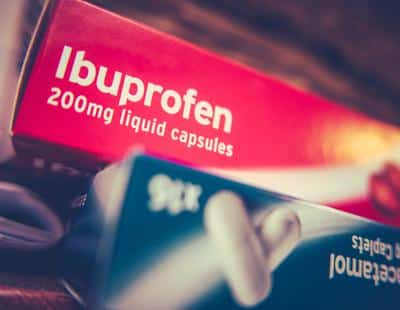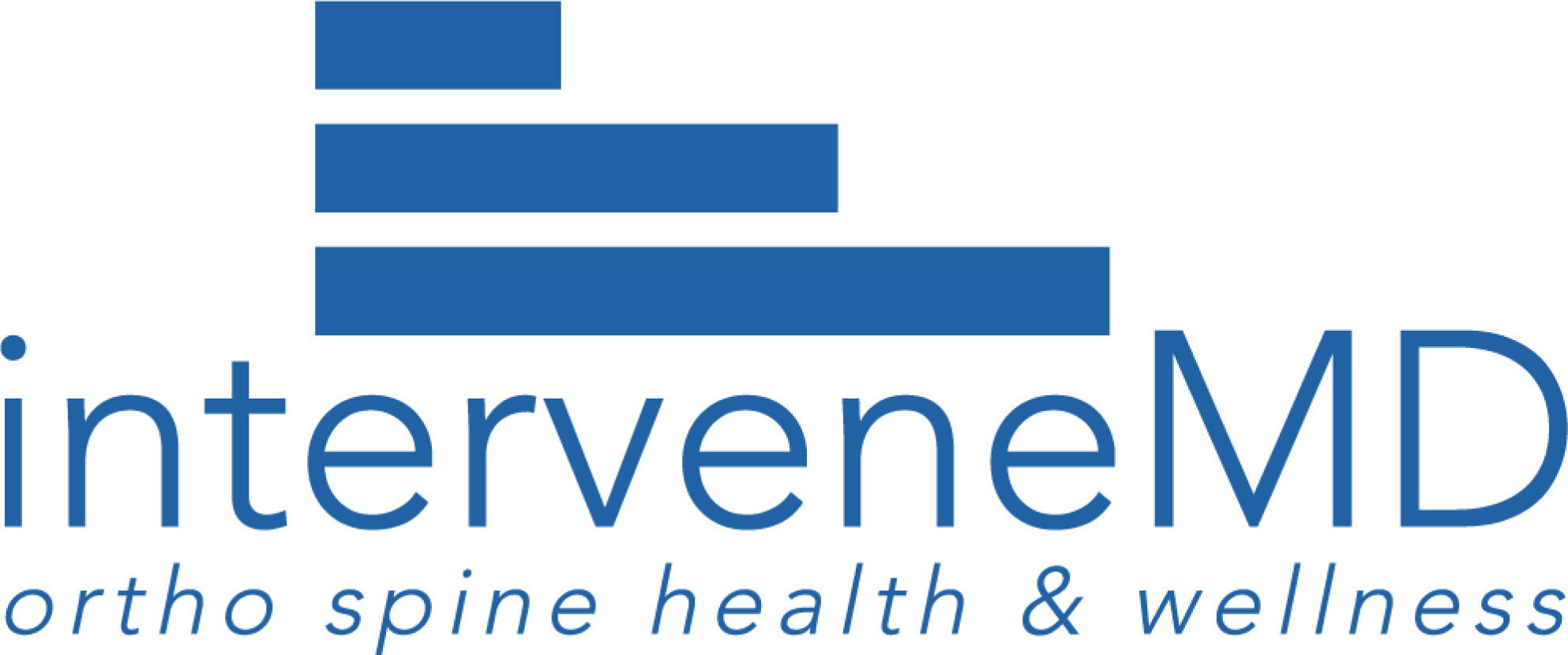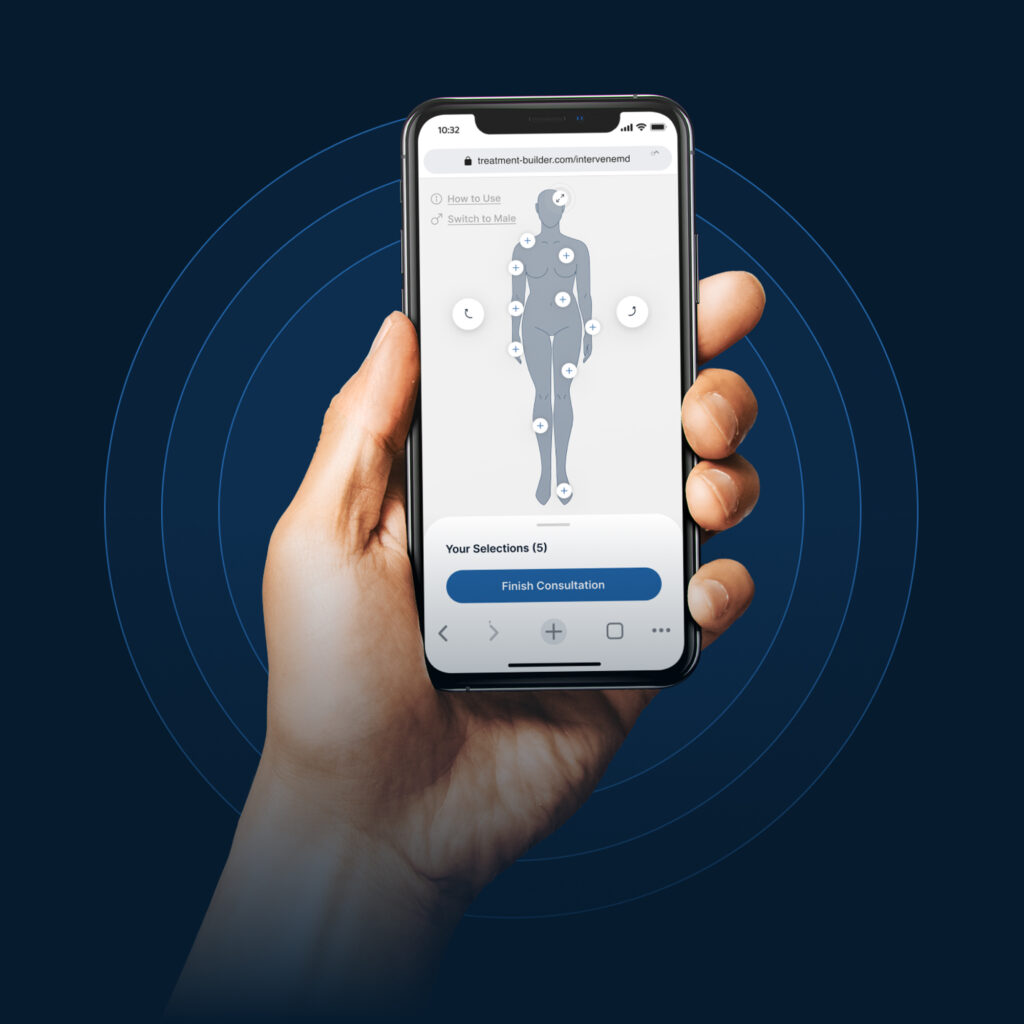
Recent stories in the media have reinforced the need for education, treatment, and monitoring in the area of pain management and may contribute to the fear of pain medications and the treatment of painful disorders. This, in turn, can limit access to adequate care for those patients with chronic pain. Patients’ fears of addiction and practitioners’ fears of legal and regulatory scrutiny are fueled by such media. This fear is not new but continues to plague patients and providers. When prescribed by knowledgeable professionals and taken as directed, pain medications and other treatments for some patients are truly life-saving and irreplaceable.
The untimely death of Michael Jackson and the association with a potent anesthetic Propofol, as well as the recent articles on the use of Toradol (anti-inflammatory) and Marcaine (local anesthetic) in college sports, are examples of the media that have a negative ‘spin’ on pain management. Although many of these stories have negative endings, they can serve as an educational tool and enhance patient access to providers instead of reversing the forward motion of pain management. I used to think that any media about pain management was a good thing because it would enhance awareness. I am beginning to doubt this.
Reduced funding for research, decreases in reimbursement, and misconceptions about pain and its management contribute to limiting access for patients with chronic pain and painful disorders. Providers are less likely to prescribe adequate pain medications when the public and regulatory agencies offer less than their full support. Patients will also be less likely to report their “real” pain because it may not be addressed with all possible options.
The most widely accepted approach to the treatment of chronic pain involves a multidisciplinary approach, including medications, injections, physical therapy, psychological therapy, surgery, and alternative treatments. Most providers will offer and try this approach. However, each patient should be evaluated and treated individually. Patients should discuss these and any concerns about their management with their providers, including questions about medications and proposed treatments. Many options other than medications for the treatment of pain have recently advanced, including injections and implant devices such as spinal stimulators.
So, the next time you read an article or see a television clip involving addiction, dependence, or abuse/misuse of a substance or medication, be more critical of the circumstances. Please remember that many patients have improved function and quality of life with the same medications that others may misuse and abuse.


